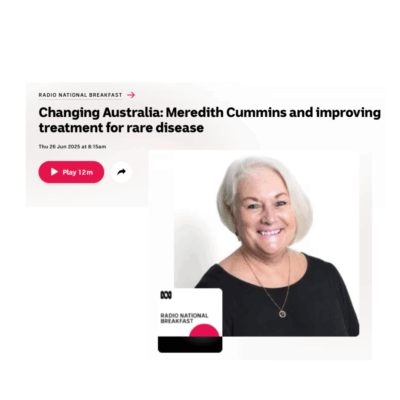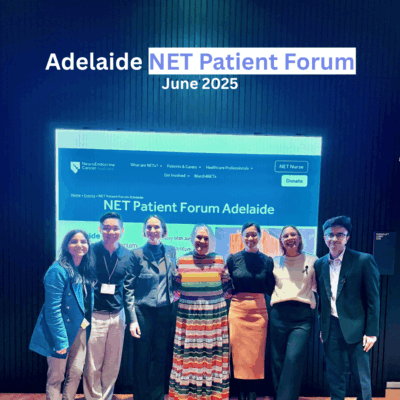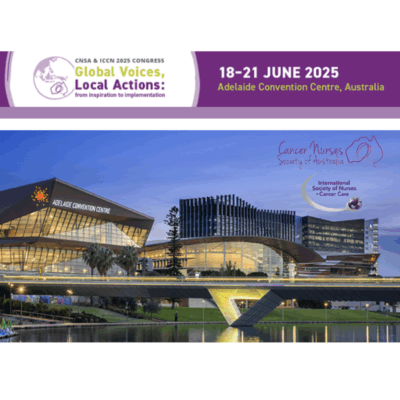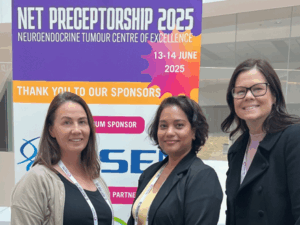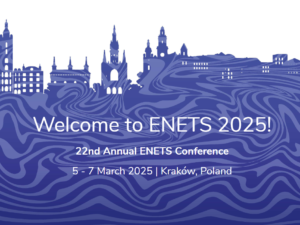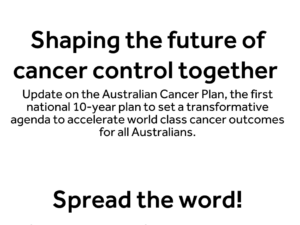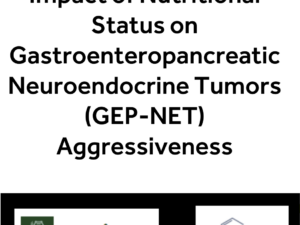Cited from Science Daily – February 13, 2017
Scientists have discovered a new “mastermind fusion gene” may be associated with a rare cancer-causing tumor – pheochromocytomas (“pheo”) and paragangliomas, according to a study published Feb. 13 in Cancer Cell, by researchers at the Uniformed Services University (USU) and the National Cancer Institutes’ The Cancer Genome Atlas. This breakthrough discovery could lead to more precise treatment as well as a better understanding of cancer itself.
These adrenal gland tumors are often benign, but they can become malignant, and in some cases lead to life-threatening hypertension, arrhythmia, and stroke, but it’s not clear which tumors will become metastatic because of the disease’s rarity and complex biology. Therefore, patients with the metastatic disease have few treatment options and poor prognosis. To help detect genetic mutations and better understand this disease, a group of researchers at USU and the nationwide Cancer Genome Atlas Research Network examined 173 tumors, performing six genomic tests, such as DNA and RNA sequencing.
The researchers found what they refer to as the mastermind fusion gene – the first fusion gene associated with this type of tumor. This hybrid gene forms from two previously separate genes and only occurs in a new subtype of this disease. The researchers suggest this disrupts the normal biology of the cell and thus producing tumor cells. The researchers believe this mastermind fusion gene will help describe for some patients why the tumor has developed, and better predict patient outcome. The fusion gene may also lead to future targeted therapy and have implications for other cancers.
Additionally, the researchers found 18 “driver” genes in this type of tumor, meaning there are 18 different ways this tumor could become cancerous. This is an unusually large amount of drivers, not typical for many other tumor types, according the study’s senior author Dr. Matthew Wilkerson, associate professor and Bioinformatics Director of The American Genome Center and the Collaborative Health Initiative Research Program at USU. This finding allowed their team to classify tumors into four major molecular subtypes, which could also lead to developing new therapies.
“For patients who have this diagnosis, surrounded by its uncertainties, this new discovery sheds light on the disease. We think these results will ultimately lead to individuals and their families having a better understanding of their prognosis and more precise treatment,” Wilkerson said.
For the published paper in Cancer Cell please see below


